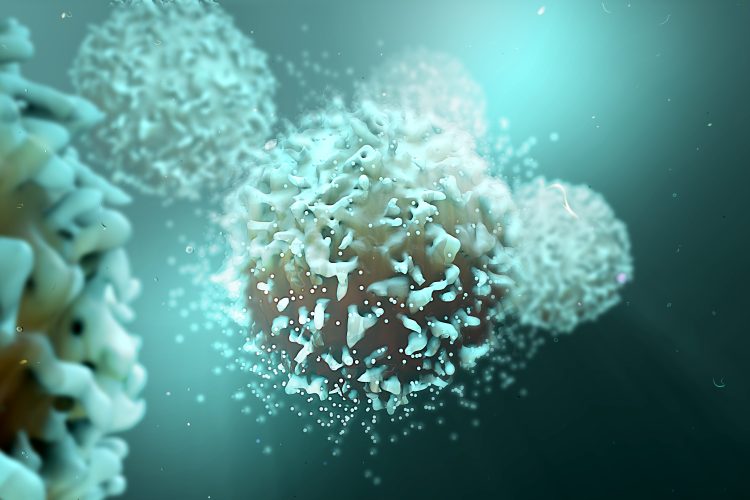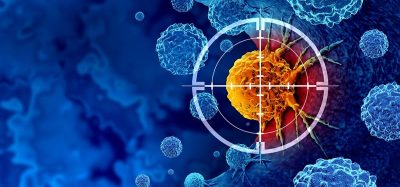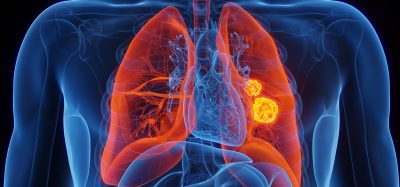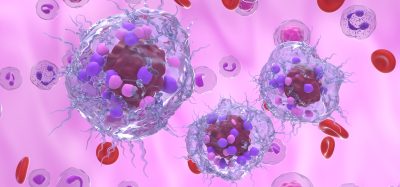Role of enzyme in tumour immune microenvironment identified
Posted: 26 October 2023 | Drug Target Review | No comments yet
Researchers have found that reducing glycosylation on the T cell surface may offer new approaches to cancer immunotherapy.


In terms of cancer, sweetness appears as a chain of sugar molecules attached to proteins by beta1,4-galactosyltransferase-3, or B4GALT3. A high expression of this enzyme, according to the Cancer Genome Atlas, is associated with notably shortened survival rates in several types of immunotherapy cancers, like neuroblastoma, cervical, and bladder cancer. However, the specific role of B4GALT3 in the tumour immune microenvironment (TIME) remained unidentified.
Recently, scientists at Kyoto University and Yokohama City University have discovered that B4GALT3 deficiency in mice TIME inhibits tumour growth. Also, it was shown that a great reduction of glycosylation, a type of protein modification, on T cell surfaces correlates with increases in CD8+ immune cells infiltrating tumours.
Dr Heng Wei, from Kyoto University’s Graduate School of Medicine, said: “In B4GALT3 knockout or KO mice, we demonstrated the potential of manipulating glycosylation of the T cell surface as a new approach to cancer immunotherapy.”
“In B4GALT3 knockout or KO mice, we demonstrated the potential of manipulating glycosylation of the T cell surface as a new approach to cancer immunotherapy.”
The team found the sites and structures of glycans, complex and highly branched sugar chains, as well as the number of glycoproteins, by purifying membrane proteins and enzymatically cleaving them to enrich glycopeptides. Much attention has been given to the role of glycans in studies on cancer cells, which proliferate and metastasize depending on their interaction with their microenvironment.
To examine for tumour cell growth, the scientists subcutaneously transplanted weakly immunogenic and strongly immunogenic tumour cells into B4GALT3 knockout and wild-type mice. Only the knockout mice suppressed the growth of strongly immunogenic tumour cells.
In addition, the increased CD8+ T cells in knockout mice secreted anti-cancer compounds Interferon-γ and Granzyme B.
Co-author Dr Chie Naruse of Kyoto University said: “We found that the loss of B4GALT3 caused significant fluctuations in gene expression in the immune system, a discovery which has significantly changed the direction of our next phase of research.”
Team leader Dr Masahide Asano of Kyoto University added: “We have gained insight into the role of glycans in cancer progression and immune response, inspiring possibilities of B4GALT3-centered cancer therapies.”
The paper appeared in Frontiers in Immunology.
Related topics
Cancer research, Immunotherapy, T cells
Related conditions
Bladder cancer, Cervical cancer, Neuroblastoma
Related organisations
Kyoto University, Yokohama City University








